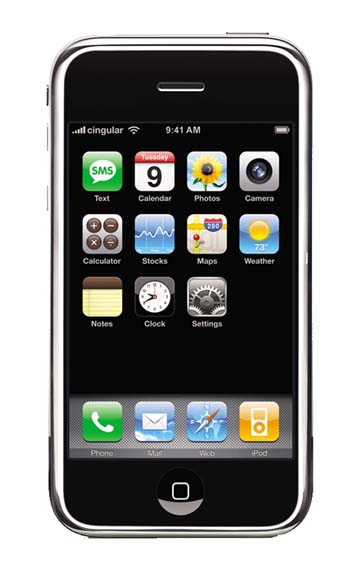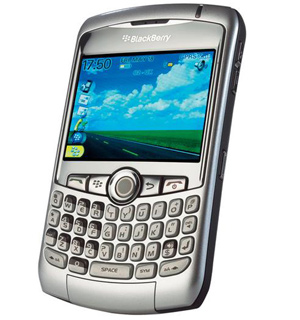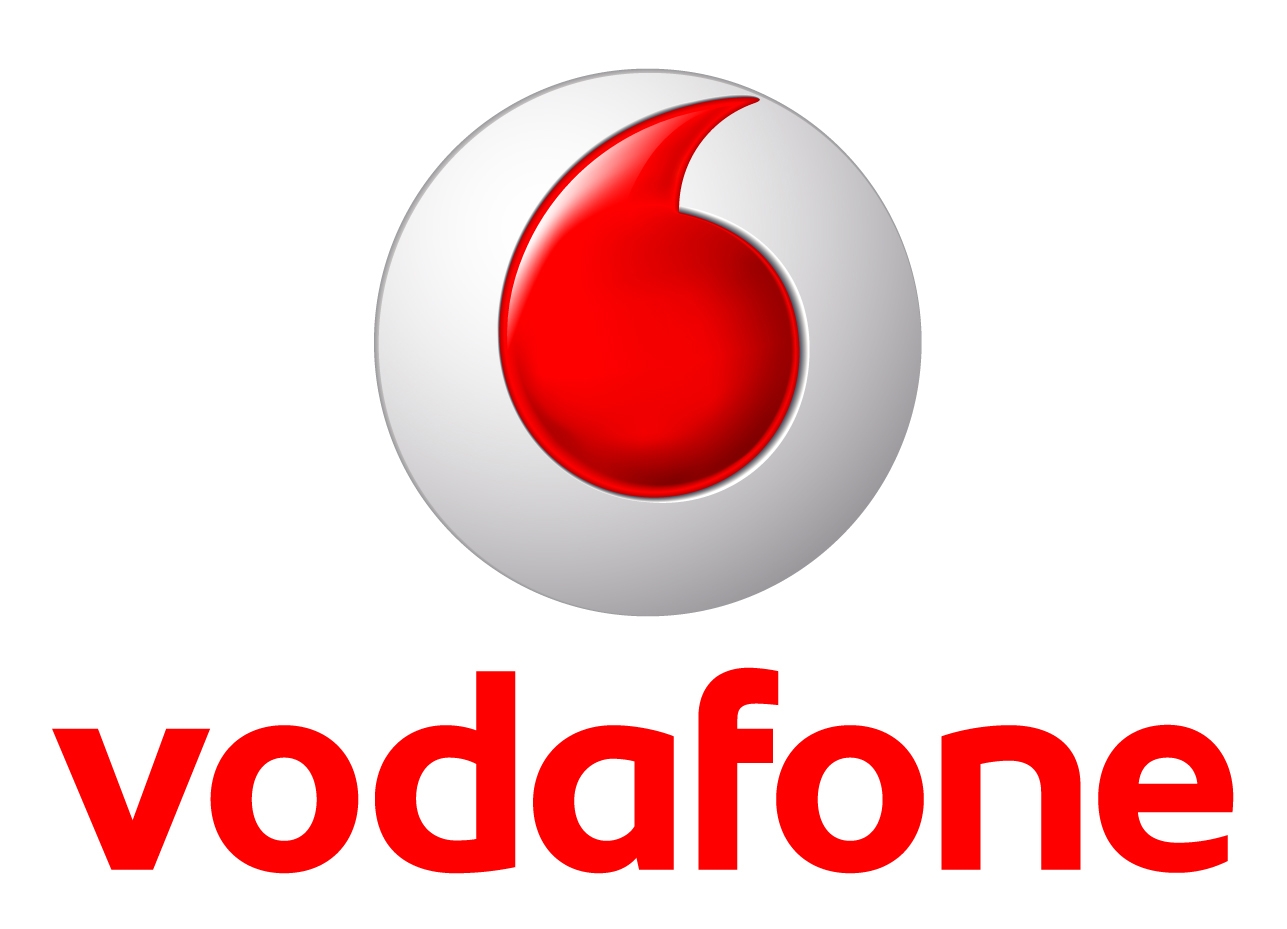![skype_logo_screen[7]](https://vhirsch.com/blog/wp-content/uploads/2011/05/skype_logo_screen7-e1305024657458.png) Allegedly, this morning Microsoft will announce it will buy Skype for $8.5bn. It is Microsoft’s largest investment into the digital realm so far (and a nice cash-out for the people who bailed Skype out from eBay a while ago; the valuation at the time apparently was put at $2.75bn). Besides these being big numbers (and allowing Skype not having to worry about an IPO anymore), this opens an opportunity for a new kind of animal in the communications corner of things. And here is why:
Allegedly, this morning Microsoft will announce it will buy Skype for $8.5bn. It is Microsoft’s largest investment into the digital realm so far (and a nice cash-out for the people who bailed Skype out from eBay a while ago; the valuation at the time apparently was put at $2.75bn). Besides these being big numbers (and allowing Skype not having to worry about an IPO anymore), this opens an opportunity for a new kind of animal in the communications corner of things. And here is why:
![]() Microsoft is legendarily late to the party when it came to smartphones. Their Windows Phone 7 OS was labelled as too little too late although it received positive reviews on the merits. Then it struck a much discussed deal with Nokia, the ailing (former?) phone giant to ship its phones with WP7. So, if we add Skype, will this create the torso of a new type of communication service? Think Nokia handset + Windows Phone 7 + Skype = mobile VoIP on a large scale.
Microsoft is legendarily late to the party when it came to smartphones. Their Windows Phone 7 OS was labelled as too little too late although it received positive reviews on the merits. Then it struck a much discussed deal with Nokia, the ailing (former?) phone giant to ship its phones with WP7. So, if we add Skype, will this create the torso of a new type of communication service? Think Nokia handset + Windows Phone 7 + Skype = mobile VoIP on a large scale.
Did we forget an ingredient though? Ah, bandwidth. Hm… Skype is understandably much maligned by most carriers (with the notable exception of Three) as it shifts revenues from (high-margin) voice to (lower-margin) data. With most carriers struggling under the increased network loads higher-end smartphones consume in terms of data, a discussion started recently about contributions for such data throughput. Now, a lot of the larger carriers are multi-play animals: be it Verizon, Vodafone, France Telekom/Orange, Deutsche Telekom/T-Mobile, Telstra, etc, etc, they all provide both mobile networks as well as fixed-line broadband. It will hence be not that easy to just walk around them and “just make it so”.
Many people have talked about the ubiquity of WiFi hotspots and such like in many areas but I would humbly suggest that this is daydreaming rather than a robust basis for a truly ubiquitous device such as a mobile phone just yet (and it perhaps never will). The future would seem to lie in mobile networks rather than fixed-line anyhow (LTE and all), which means that there will need to be some sort of rapport between vendors and service providers (such as Nokia/Microsoft/Skype) and carriers, and even mighty Nokia has already lost a fight over Skype in the past (see also here). Likewise, Google had come out with lofty promises as to carrier integration and has failed miserably to deliver the goods so far (carrier billing on Android Market anyone?).
So voices that hail the arrival of a new era might well be a little premature. Now, given that Microsoft can work with Skype on the desktop side of things as well will ease the transition significantly. However, the be-all-end-all solution it is not, at least not yet. And if Microsoft and Nokia can deliver remains to be seen, too, I guess.
Back to work then…

 The all-the-rage iPhone (can someone please come up with a worthy competitor, please, so we have other things to talk about, too?) is said to be increasingly the businessman’s (and woman’s!) phone of choice.
The all-the-rage iPhone (can someone please come up with a worthy competitor, please, so we have other things to talk about, too?) is said to be increasingly the businessman’s (and woman’s!) phone of choice.  I am not sure how it is elsewhere but in the UK where O2 holds the reigns on the iPhone, it appears that this might only be true for the ones that work for very generous employers (or those whose IT departments are not very cost-conscious) or that have only domestic businesses to pursue. Because when one attempts to make one’s iPhone travel-proof (and, remember, the data usage is what makes it such a delight!), you get somewhat of a rough awakening: transferring your all-you-can-eat data plan to international territories, fail. No such thing. No can do. The only thing one can do is buy a data packet of either 10MB (for £20) or 30MB (for £50). And this even though I am on one of the dearer packages on offer.
I am not sure how it is elsewhere but in the UK where O2 holds the reigns on the iPhone, it appears that this might only be true for the ones that work for very generous employers (or those whose IT departments are not very cost-conscious) or that have only domestic businesses to pursue. Because when one attempts to make one’s iPhone travel-proof (and, remember, the data usage is what makes it such a delight!), you get somewhat of a rough awakening: transferring your all-you-can-eat data plan to international territories, fail. No such thing. No can do. The only thing one can do is buy a data packet of either 10MB (for £20) or 30MB (for £50). And this even though I am on one of the dearer packages on offer. Now, would I own a Nokia N-97 with a Vodafone contract, I would
Now, would I own a Nokia N-97 with a Vodafone contract, I would  Here’s a tale of the brave new world of the web, the collaborative, open, participatory one. It starts harmlessly. Vodafone Germany did something new: a new image, a new target group, a new PR format… The formal pointer was the full integration of
Here’s a tale of the brave new world of the web, the collaborative, open, participatory one. It starts harmlessly. Vodafone Germany did something new: a new image, a new target group, a new PR format… The formal pointer was the full integration of 




